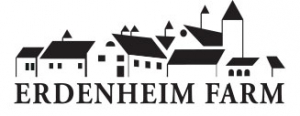Legal Online Casinos for 2025
So, when you decide to gamble online, choose a reputable online casino and enjoy the casino games responsibly. Blackjack is another favorite, with online casinos offering various versions such as European Blackjack, Classic Blackjack, and American Blackjack. Each variation has its own set of rules and strategies, adding depth to the gaming experience. Roulette enthusiasts can enjoy both American and European versions, including European Roulette, at top online casinos like Bovada. Cryptocurrency is carving out its niche in the online casino banking landscape, offering a new paradigm of privacy and security for players. These apps are more than just a means to play; they are carefully crafted portals that offer a full-fledged casino experience in the palm of your hand. Online casinos love to brag about their welcome bonus package in giant letters, but how much of that money you'll actually see is what really matters. We always test how easy it is to get your bonus money and tell players exactly how to do it with any special tips we can provide for clearing your bonus sooner. We don't just hit up a few spins at the casino's slots, play a few hands of Blackjack, place a few bets on Roulette and then bolt. That gives us fresh eyes and better perspective on what an online casino is really like. This metric is a key indicator for players, as a high RTP means a greater likelihood of returning winnings over time. The choice of banking option often reflects the player’s priorities, whether it’s the security of traditional methods or the anonymity and speed of cutting-edge digital currencies. Each option has its place in the ecosystem of online gambling, ensuring that players can manage their [...]
